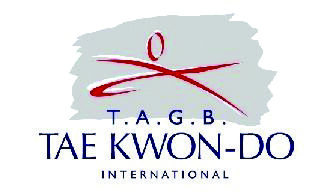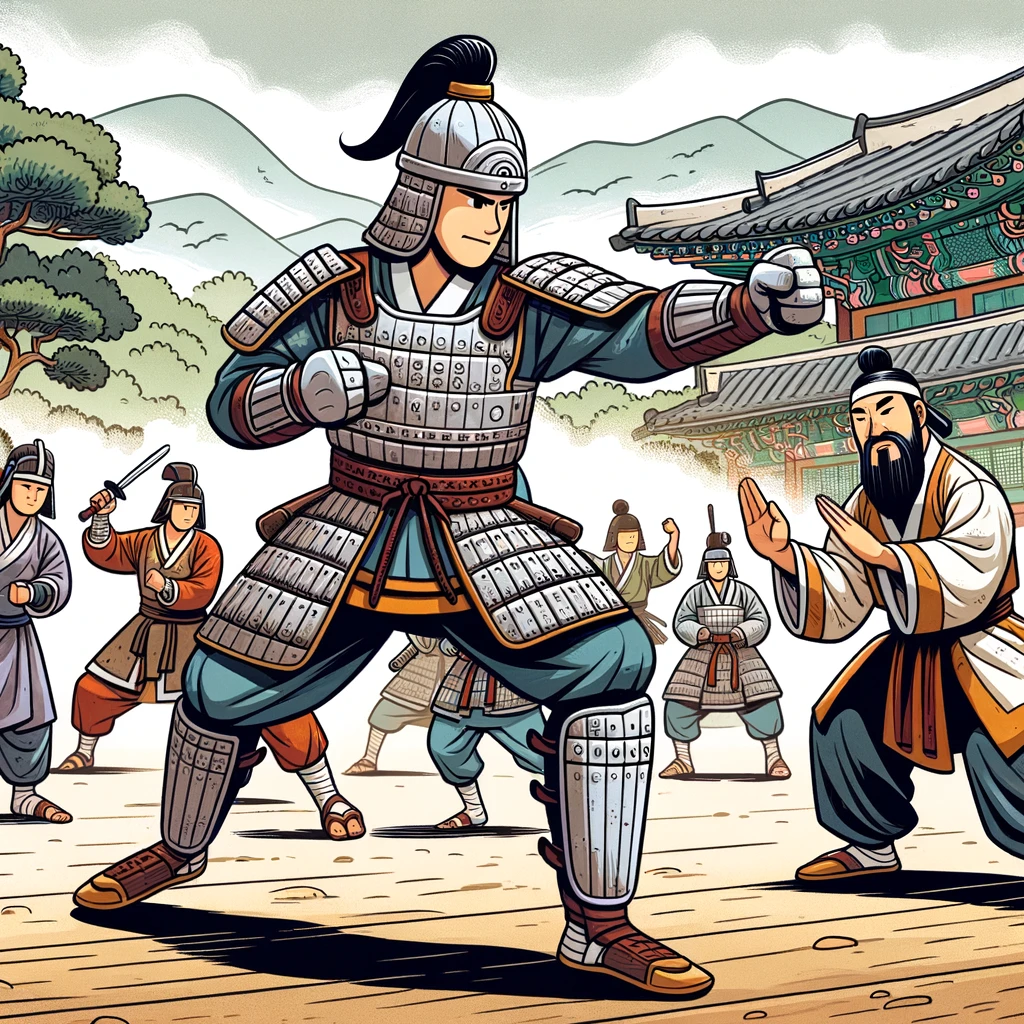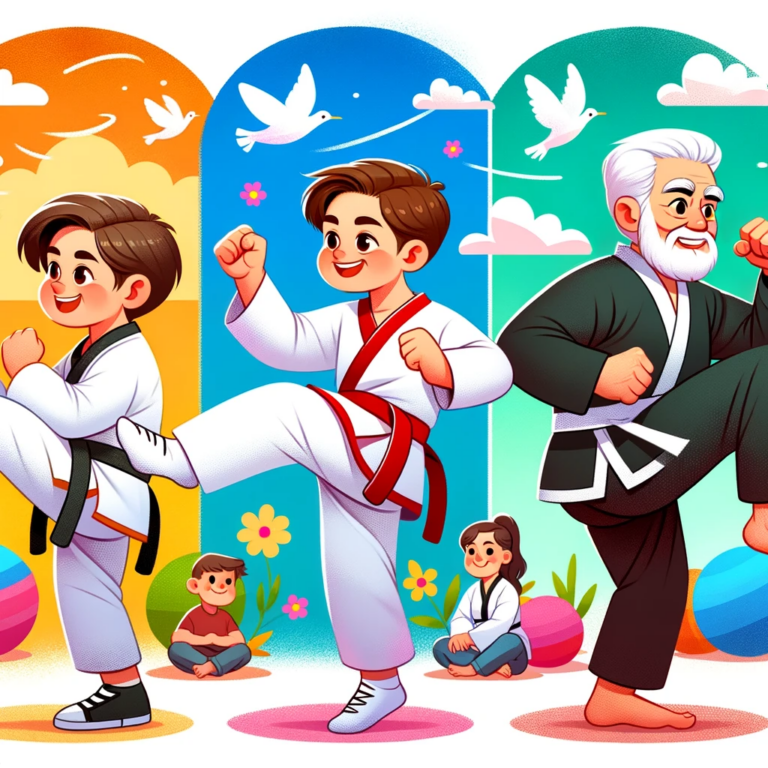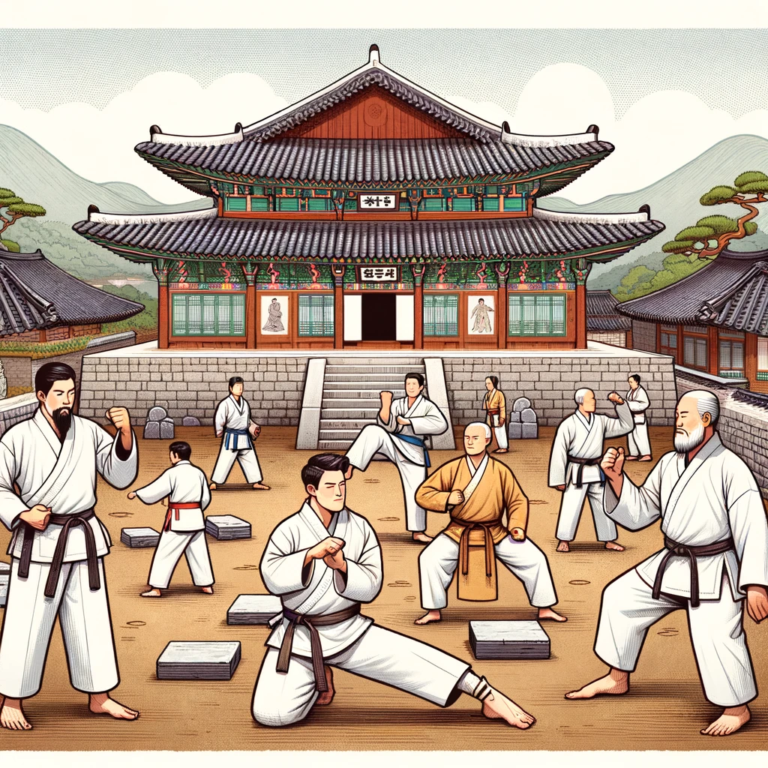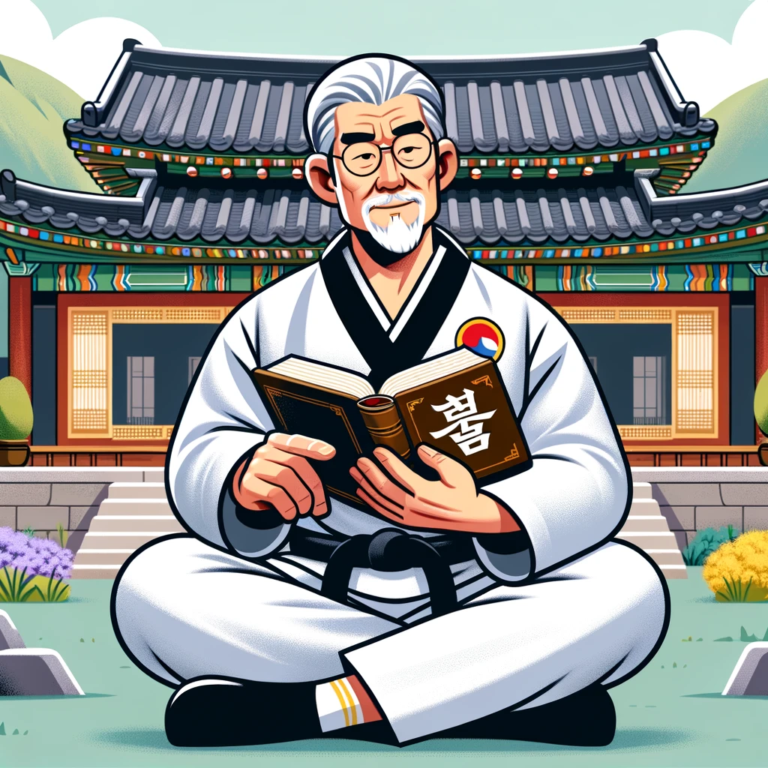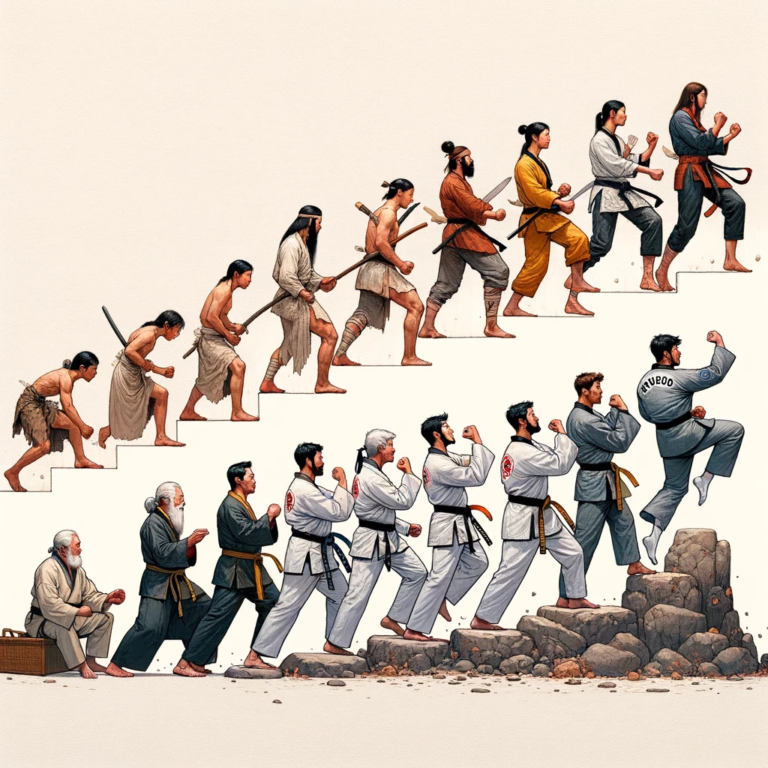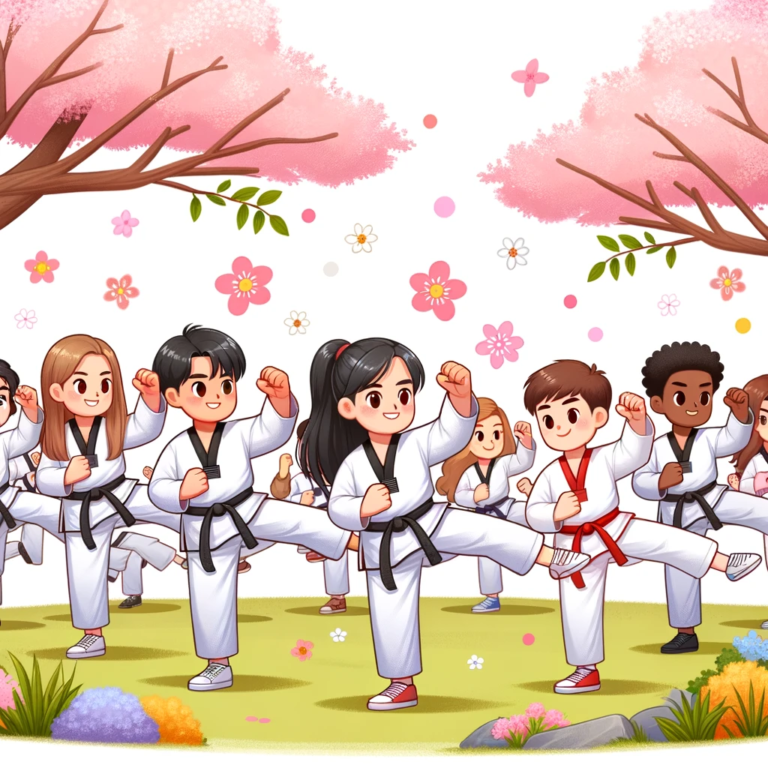The Timeless Journey of Tae Kwon Do: From Ancient Art to Modern Mastery
| Key Takeaways | Details |
| Deep Roots | The Origins of Tae Kwon Do trace back to ancient Korean martial arts, symbolizing strength and discipline. |
| Cultural Influence | The practice is deeply intertwined with Korean culture, embodying its values and traditions. |
| Evolutionary Journey | Over the centuries, Tae Kwon Do has evolved, incorporating various techniques and philosophies. |
Tae Kwon Do, a martial art known for its elegance and power, boasts a rich history that dates back centuries. Learn about The Origins of Tae Kwon Do from ancient Korea. This martial art is a means of self-defence and a way of life deeply embedded in the fabric of Korean culture. This article delves into the fascinating origins of Tae Kwon Do, exploring its development from traditional Korean martial arts and its significance in Korean culture.
The Ancient Foundations of Tae Kwon Do
Tae Kwon Do’s roots can be traced back to the early kingdoms of Korea, where martial arts were integral to military training and national defence. The ethos of Tae Kwon Do, characterized by a blend of strength and grace, reflects the ancient Korean warriors’ approach to combating and life. The art form evolved, absorbing influences and techniques from various interactions and conflicts throughout Korean history.
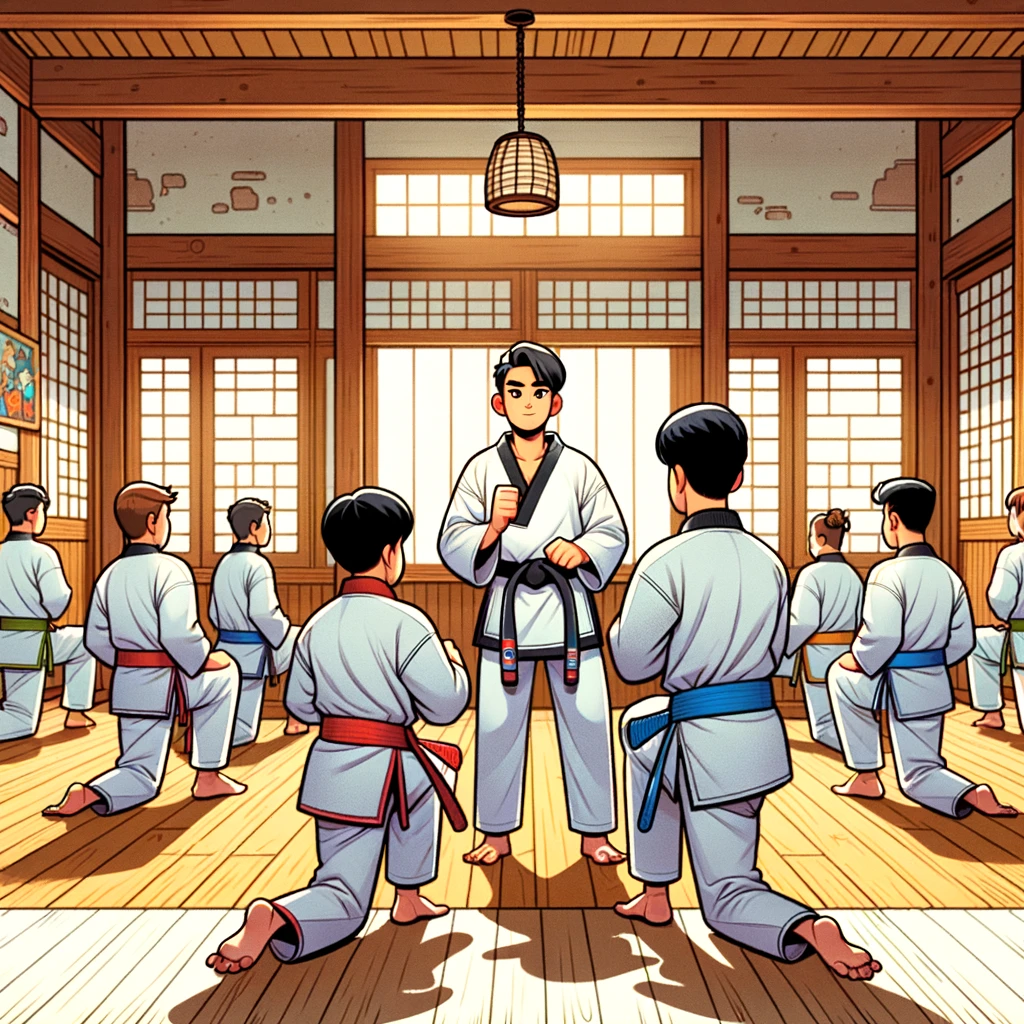
Tae Kwon Do and Korean Culture
The practice of Tae Kwon Do is more than just physical training; it’s a manifestation of Korean culture and philosophy. The martial art is steeped in the values of respect, discipline, and perseverance, mirroring the societal ethos of ancient Korea. As practitioners learn the intricate kicks and punches, they also imbibe the philosophical underpinnings of Tae Kwon Do, making it a holistic approach to personal development.
In the heart of Tae Kwon Do, the concept of Tae Kwon Do philosophy plays a pivotal role. This philosophy emphasizes physical prowess and mental discipline, shaping individuals to be as strong in spirit as they are in body. This blend of physical and spiritual training sets Tae Kwon Do apart from other martial arts.
The Evolution of Techniques
Over the centuries, Tae Kwon Do has undergone significant evolution, adapting and incorporating diverse techniques and styles. This evolutionary journey reflects the martial arts’s resilience and adaptability, ensuring its relevance and effectiveness across different eras. From the battlegrounds of ancient Korea to modern-day dojangs (training halls), Tae Kwon Do has retained its essence while embracing change.
Tae Kwon Do’s connection with Korean culture is profound and multifaceted. The martial art doesn’t just borrow from the culture; it contributes to it, weaving its narrative into the nation’s history and identity. The influence of Tae Kwon Do on Korean culture is evident in various aspects, from popular culture to national identity, symbolizing Korea’s indomitable spirit and rich heritage.
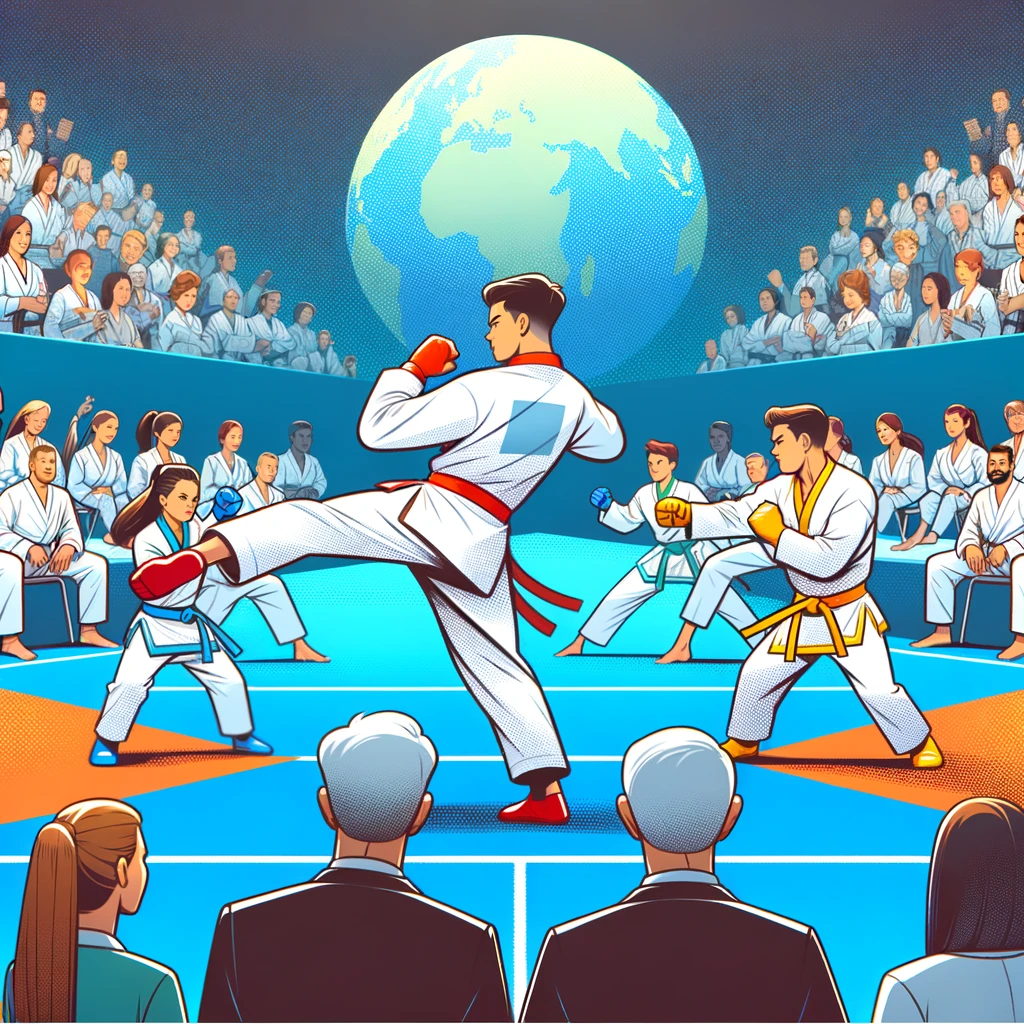
The Influence of Tae Kwon Do on Global Martial Arts
While deeply rooted in Korean tradition, Tae Kwon Do’s influence extends far beyond its country of origin. Tae Kwon Do has made a significant impact on the global martial arts scene as a testament to its adaptability and universal appeal. Its inclusion in international competitions, like the Olympics, underscores its global significance and the respect it commands worldwide. This international recognition has not only elevated the status of Tae Kwon Do but also fostered cultural exchange, introducing people worldwide to Korea’s rich heritage and philosophy.
Preserving Tradition and Embracing Modernity
In the modern world, Tae Kwon Do faces the challenge of maintaining its traditional roots while evolving to meet contemporary needs. This delicate balance between preservation and innovation is evident in the training techniques and philosophies imparted in dojangs across the globe. While modern Tae Kwon Do schools incorporate cutting-edge training methods and scientific approaches, they also ensure that the ancient martial art’s core principles and spirit remain intact.
The future of Tae Kwon Do seems promising, with an increasing number of practitioners and enthusiasts worldwide. Its journey from the ancient battlegrounds of Korea to the modern training halls around the globe is a testament to its enduring appeal and the universal values it represents. As Tae Kwon Do continues to evolve, it will undoubtedly retain its place as a martial art and a living tradition that nurtures the body, mind, and spirit.
